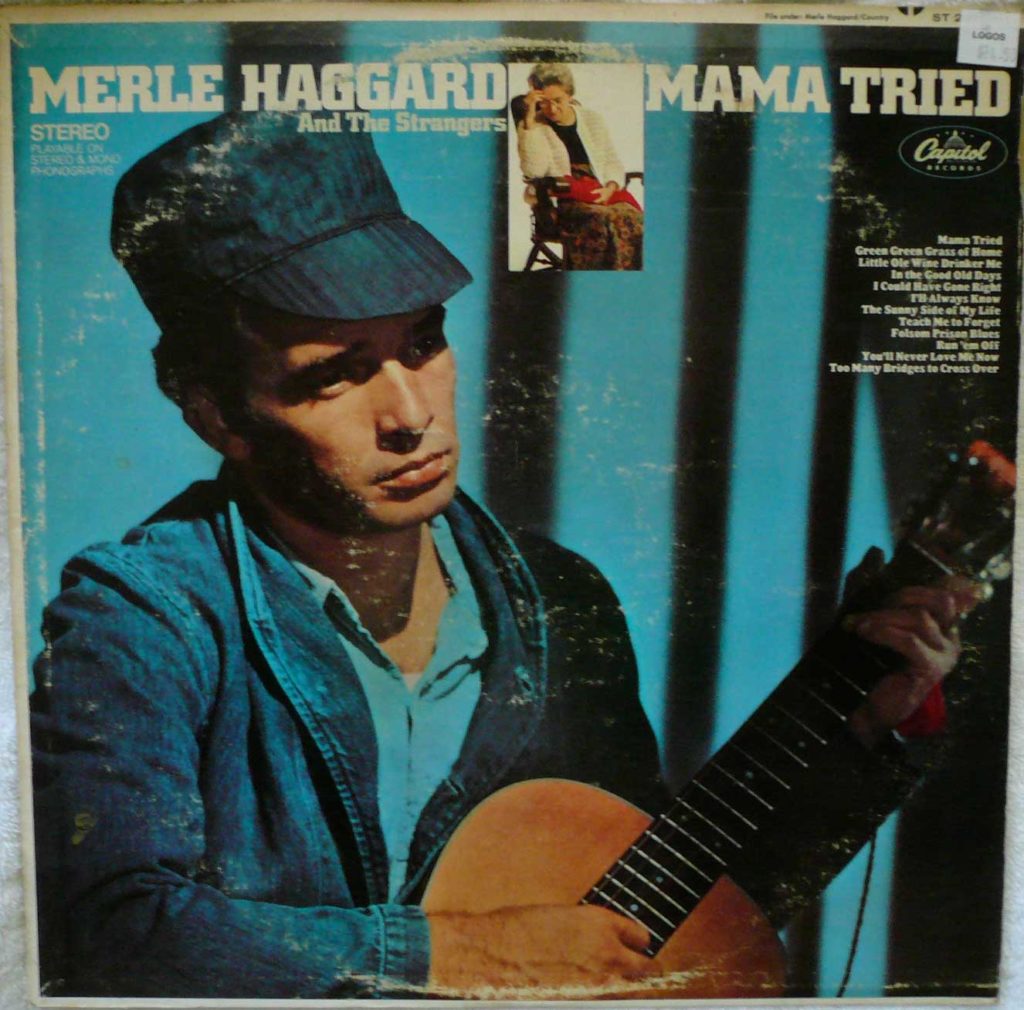Life in Prison

In the myriad of required reforms in our horrible criminal injustice system, we are slowly making progress in eliminating the death penalty. But we really need to go farther. With few exceptions, we should also abolish life sentences.
The most heinous crimes are rare, but the world’s population of lifers is large and probably growing. According to the World Prison List, the population of all inmates rose by 20%, to 10.4m, from 2000 to 2015. Meanwhile, between 2000 and 2014 the numbers serving life sentences worldwide rose by 84%, to 479,000, according to “Life Imprisonment”, a recent book. America held 40% of them (see chart); more than 80% of those have no prospect of parole. The Sentencing Project, a think-tank in Washington, DC, reckons that the number of Americans serving life sentences without parole rose by two-thirds, to 56,000, between 2003 and 2020. Turkey, India and Britain impose a lot of life sentences. South African jails hold nearly 17,000 lifers, up from 500 in 1995. In 2014 some sort of formal life sentence was on the books of 183 countries and territories.
Many penal reformers think that is excessively harsh. Lifelong confinement is a declaration by the state that a person is beyond reform. It punishes long after most violent offenders have lost the will or capacity to repeat their offences. And in some countries, such sentences are imposed not only for murder and rape but also for lesser crimes.
Catherine Appleton, one of the authors of “Life Imprisonment”, contrasts the punishment of Mr Tarrant with Norway’s treatment of Anders Breivik, another fanatic, who in 2011 murdered 77 people, most at a summer camp for the Labour Party’s youth wing. He drew Norway’s maximum prison sentence of 21 years. After that, a court will decide if he is still dangerous. If so, which seems likely, he will remain locked up. But if not, he will be freed.
Opponents of life without parole hope to repeat the success of campaigners against capital punishment. Since 1976 more than 70 countries have abolished the death penalty. The number of executions worldwide in 2020 fell for the fifth year running to its lowest in a decade, says Amnesty International, a human-rights group. In America just 17 people were executed last year. If campaigners have their way, life sentences will be the next sort to be branded cruel and rendered unusual.
Making this case is not simple. For one thing, life-sentencing regimes vary enormously. Some are relatively lenient, as in Finland, where few “lifers” spend more than 15 years in prison. Others are staggeringly harsh. Some American states still lock up juvenile offenders for life. China imposes the sentence on corrupt officials. Australia and Britain do so for drug offences. Life with a chance of parole may not be much better than without it if parole is granted rarely. Life sentences can be disguised as indeterminate or very long fixed-term sentences. El Salvador, which does not impose life sentences, can lock people up for 60 years.
This article does a good job on the global front, about which I really can’t speak. But in the U.S., we are locking people up for life for all sorts of crimes. What it does is completely oblierate even the rhetoric of rehabilitaiton. We have just thrown away the key, often on very young people. I mean, even in very difficult cases, should be people be locked up for life, unless there is a strong reason to do so. If Norway is going to eventually, maybe, free Anders Breivik, what about, say, Terry Nichols in the U.S.? Should he never have a chance to change his life? I mean, Supermax is no humane alternative to the death penalty. Arguably, it’s worse than the death penalty.
Of course, someone like Nichols or Ted Kaczynski are the very hardest cases. But all those people in prison because of a couple of armed robberies 25 years ago? Really? They should have no chance for a different life?
Like many of these questions, there’s no easy answers. But I think it is safe to say that we are locking way too many people up for sentences that are way too long. And working from that principle, we need to rethink our entire prison system.


